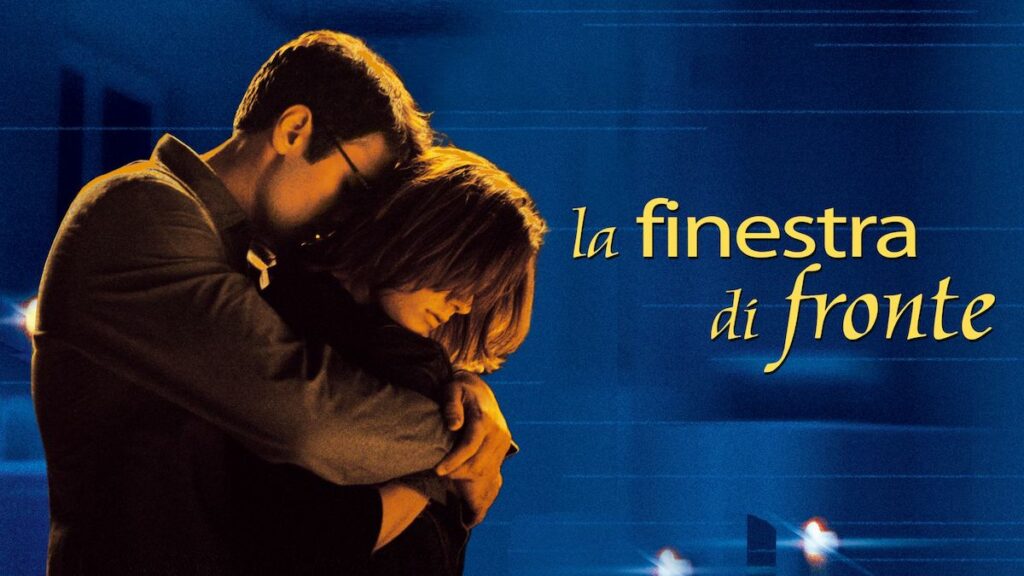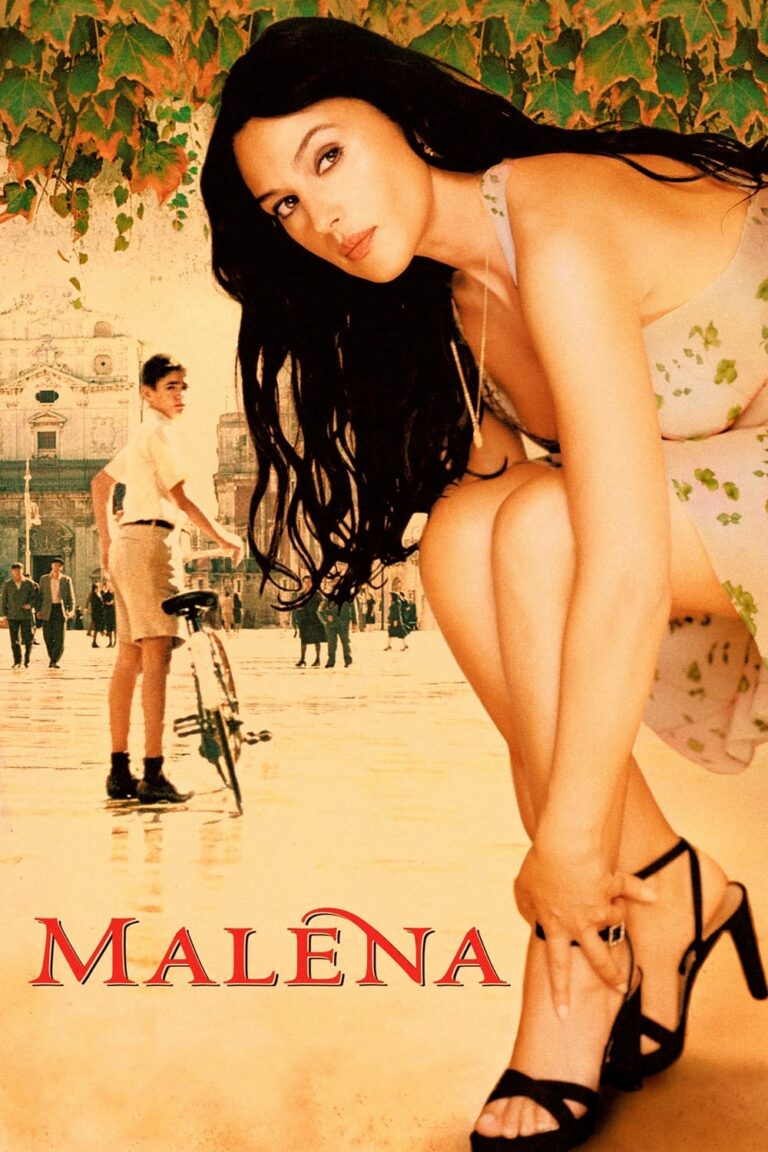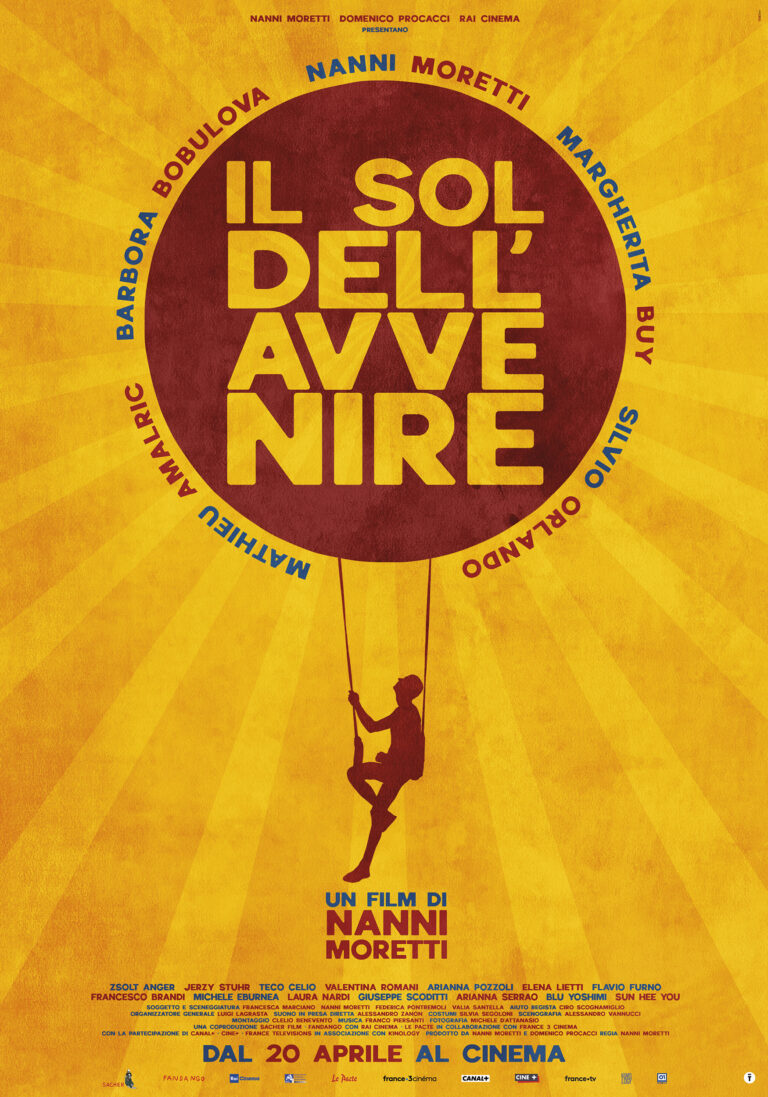
Facing Windows (La Finestra di Fronte), directed by Ferzan Özpetek and released in 2003, is a deeply evocative Italian film that intertwines themes of love, memory, identity, and self-discovery. Through its compelling narrative and richly drawn characters, the film paints a poignant portrait of human connection and the search for meaning in everyday life. Garnering widespread critical acclaim, Facing Windows has earned its place as a modern classic in Italian cinema.
Table of Contents
- Introduction to Facing Windows
- About the Director: Ferzan Özpetek
- Plot Summary
- Key Characters and Performances
- Giovanna
- Simone/Davide
- Filippo
- Lorenzo
- Themes Explored in Facing Windows
- Love and Longing
- The Burden of Memory
- Personal Transformation
- Social and Historical Contexts
- Cinematography and Visual Aesthetics
- The Role of Food as a Metaphor in the Film
- The Window as a Symbol
- Cultural Significance of the Film
- Critical Reception and Awards
- Memorable Scenes and Quotes
- Music and Soundtrack
- Comparison to Ferzan Özpetek’s Other Works
- Why Facing Windows Continues to Resonate Today
- Frequently Asked Questions (FAQs)
1. Introduction to Facing Windows
Facing Windows is a poignant drama set in modern Rome, weaving together the lives of seemingly disconnected individuals. The film explores how the choices we make shape our lives, and how the past can cast long shadows over the present. A mix of mystery, romance, and self-reflection, the story’s emotional depth has touched audiences worldwide.
2. About the Director: Ferzan Özpetek
Ferzan Özpetek, a Turkish-Italian filmmaker, is celebrated for his unique storytelling style that combines intimate character studies with broader societal issues. Known for films like Saturn in Opposition (Saturno Contro) and The Ignorant Fairies (Le Fate Ignoranti), Özpetek masterfully uses visual storytelling to explore love, identity, and community. Facing Windows is one of his most acclaimed works, showcasing his ability to balance personal and universal themes.
3. Plot Summary
The film centers on Giovanna (Giovanna Mezzogiorno), a young wife and mother who is dissatisfied with her monotonous life and her strained marriage to Filippo (Filippo Nigro). She dreams of escaping her routine and frequently gazes out of her apartment window at her mysterious and handsome neighbor, Lorenzo (Raoul Bova).
One day, Giovanna and Filippo take in an elderly man, Simone/Davide (Massimo Girotti), who is suffering from amnesia. As Giovanna helps the man uncover his identity, she learns that he is a Holocaust survivor haunted by his past. Through her interactions with Davide, Giovanna embarks on a journey of self-discovery, questioning her choices and her aspirations.
4. Key Characters and Performances
Giovanna
Played by Giovanna Mezzogiorno, Giovanna is a relatable and layered character. Her internal conflict—torn between duty and desire—drives the emotional core of the film. Mezzogiorno delivers a nuanced performance that captures both vulnerability and strength.
Simone/Davide
Massimo Girotti’s portrayal of the elderly Simone, whose real name is Davide, is haunting and unforgettable. His character serves as a bridge between the past and the present, symbolizing the weight of history and the importance of remembering.
Filippo
Filippo Nigro’s Filippo is a loving yet passive husband, who struggles to connect with Giovanna as their marriage becomes increasingly strained.
Lorenzo
Raoul Bova’s Lorenzo represents a tantalizing possibility of escape for Giovanna. His quiet intensity and mysterious aura make him an intriguing presence in the film.
5. Themes Explored in Facing Windows
Love and Longing
At its heart, Facing Windows is a story of unfulfilled desires. Giovanna’s longing for something more than her current life resonates deeply with viewers who have faced similar struggles.
The Burden of Memory
Through Simone/Davide’s story, the film examines how the past can define the present. His memories of betrayal and loss during the Holocaust serve as a poignant reminder of the importance of history.
Personal Transformation
The film is also about growth and change. Giovanna’s journey from a dissatisfied wife to a woman who understands her own worth is central to the narrative.
Social and Historical Contexts
By incorporating themes of the Holocaust and anti-Semitism, Özpetek adds depth and weight to the story, reminding viewers of the enduring impact of historical events.
6. Cinematography and Visual Aesthetics
The film’s cinematography is striking, with a palette that alternates between warm, intimate interiors and the cool, muted tones of the cityscape. The recurring motif of windows emphasizes the theme of perspective—both literal and metaphorical.
7. The Role of Food as a Metaphor in the Film
Food plays a significant role in Facing Windows, serving as a metaphor for connection, memory, and identity. Davide’s passion for baking becomes a way for him to express his emotions and preserve his past. Similarly, Giovanna’s interest in baking reflects her desire for creativity and fulfillment.
8. The Window as a Symbol
The window is a powerful symbol in the film, representing the divide between longing and reality. For Giovanna, it serves as a portal to another life—a dream of freedom and passion.
9. Cultural Significance of the Film
Facing Windows is a meditation on contemporary Italian society, exploring themes of gender roles, family dynamics, and cultural memory. Its blend of personal and historical narratives gives it a universal appeal.
10. Critical Reception and Awards
The film received widespread acclaim, winning numerous awards, including:
- David di Donatello Awards for Best Actress (Giovanna Mezzogiorno), Best Actor (Massimo Girotti), and Best Film.
- Best Director for Ferzan Özpetek.
Critics praised the film for its emotional depth, compelling performances, and thoughtful storytelling.
11. Memorable Scenes and Quotes
- Simone/Davide’s Memory of the Holocaust: A powerful scene that captures the pain and resilience of survivors.
- Giovanna’s Confrontation with Filippo: A raw and honest moment that reveals her inner struggles.
Memorable quote: “Every choice we make closes the door to another life, but it also opens a new one.”
12. Music and Soundtrack
The hauntingly beautiful score, composed by Andrea Guerra, perfectly complements the film’s emotional tone. The music enhances key moments, adding depth to the story.
13. Comparison to Ferzan Özpetek’s Other Works
Like Saturn in Opposition and The Ignorant Fairies, Facing Windows explores themes of love, identity, and community. However, it stands out for its integration of historical and personal narratives, creating a richly layered story.
14. Why Facing Windows Continues to Resonate Today
The film’s exploration of timeless themes—identity, love, and the search for purpose—ensures its relevance. Its blend of personal drama and historical reflection makes it a poignant reminder of the importance of empathy and connection.
15. Frequently Asked Questions (FAQs)
1. What is the main theme of Facing Windows?
The film explores love, longing, memory, and self-discovery, with a focus on how past and present intersect.
2. Who directed Facing Windows?
The film was directed by Ferzan Özpetek, a Turkish-Italian filmmaker known for his emotionally rich stories.
3. What does the title Facing Windows signify?
The title symbolizes perspective and the longing for something beyond one’s immediate reality.
4. Where was Facing Windows filmed?
The movie was filmed in Rome, with its urban setting playing a key role in the story.
5. What awards did the film win?
Facing Windows won multiple David di Donatello Awards, including Best Film, Best Actress, and Best Actor.
6. Is Facing Windows available for streaming?
The availability depends on the region, but it can often be found on platforms offering international cinema.
Conclusion: A Masterpiece of Emotional Storytelling
Facing Windows (La Finestra di Fronte) is a richly layered film that explores the complexities of love, identity, and memory. Ferzan Özpetek’s direction, combined with stellar performances and a deeply moving narrative, makes it a timeless classic. The film is a beautiful reminder of the importance of embracing life’s choices while honoring the past.





